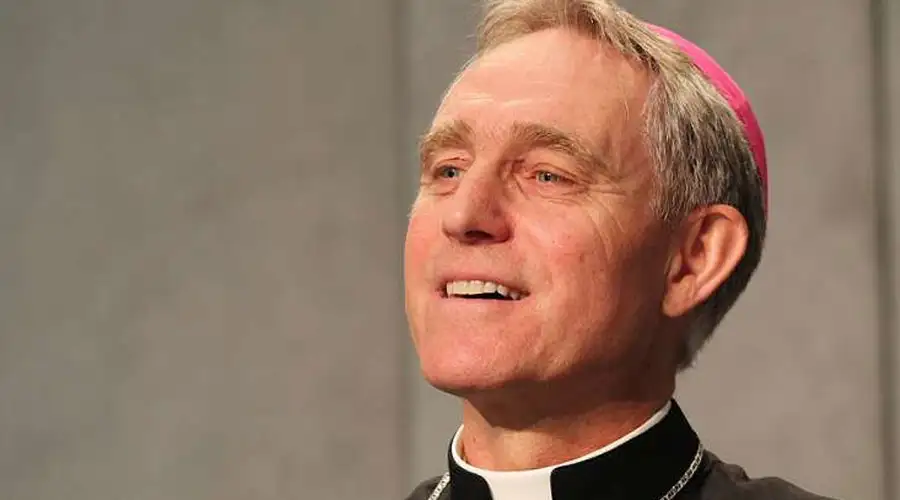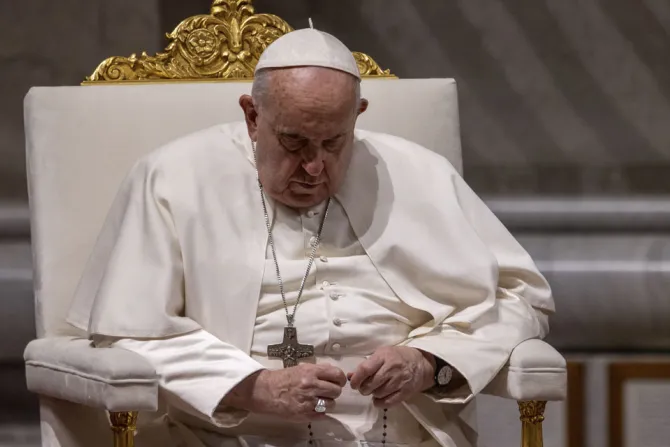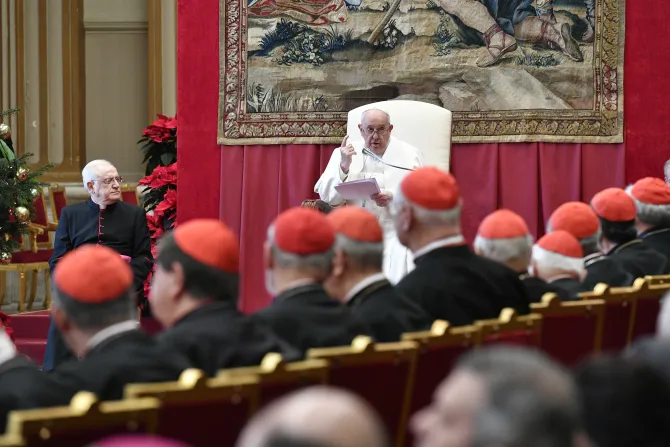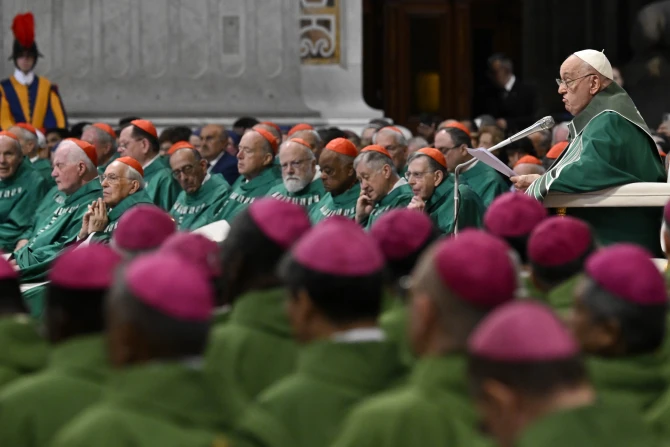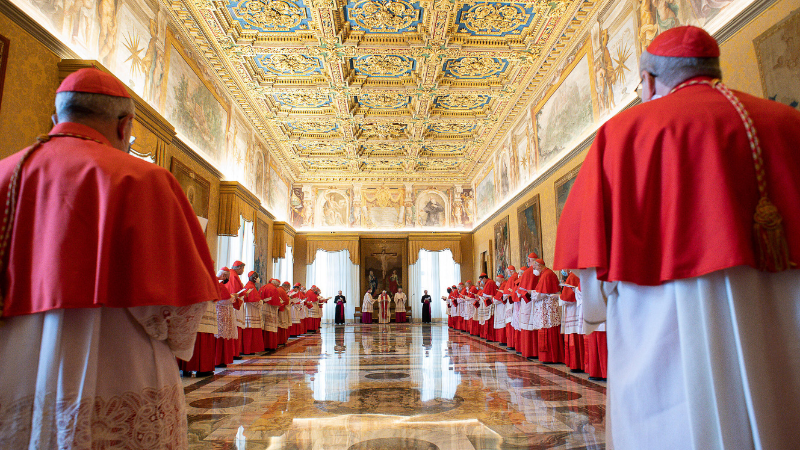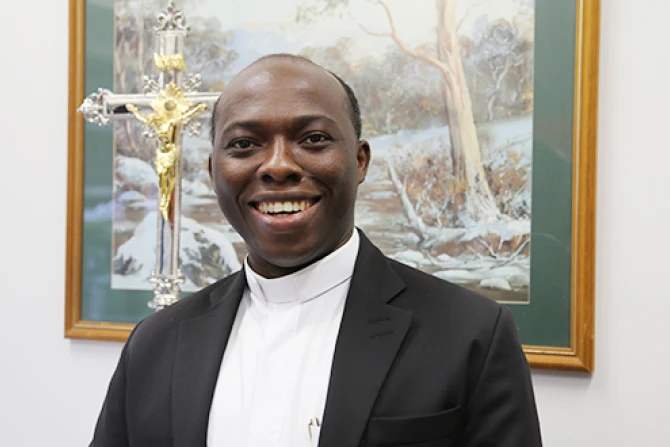Five German cousins of Benedict XVI are the direct heirs to the private properties of the Emeritus Pope, who passed away on December 31, 2022.
This was confirmed by his former personal secretary, Mons. Georg Gänswein, to Italian media after a Mass held in Rome, Italy last Sunday, at the parish of Santa Maria Consolatrice, the Church of which Cardinal Ratzinger was titular.
The archbishop explained that he thought there were two direct heirs. However, he was surprised to learn that there are three more, previously unknown. “This has been very interesting for me. I thought I had two relatives, two cousins, but there are five cousins in total,” he clarified. “By law, I have to write to the cousins who are the closest relatives, and also by law. I have to ask them: ‘Do you accept the inheritance or not?'” he told various national media.
Likewise, in an interview with the Italian newspaper Il Messaggero, Mons. Gänswein pointed out that “the other personal items, from watches to pens, from paintings to liturgical furniture, were included in a meticulously prepared list by Benedict XVI before he died.”
He recounted that some of these personal items have been given to those close to him: “He did not forget anyone; collaborators, secretaries, seminarians, students, drivers, parish priests, friends.” He also detailed that the rights to his books will remain with the Vatican, and a portion of them will be dedicated to the “Vatican Foundation Joseph Ratzinger.”
Destroyed personal documents
Regarding the Emeritus Pope’s most personal documents, such as letters and notes, his former secretary confirmed that, according to Benedict XVI’s wishes, they had been destroyed. He clarified that there are no unpublished writings of the Emeritus Pope and that Benedict XVI’s last book is “What is Christianity,” published posthumously in January 2023.
“A shame? Yes, I also told him, but he gave me this indication that there is no going back. There are no unpublished writings,” Mons. Gänswein said.
Finally, he spoke about his future and stated, “the Catholic Church is large geographically, but also culturally.” “Pope Francis has not yet given me any assignment, and he must reflect and then tell me. I am available to the Church, and I am loyal and faithful,” he concluded.

